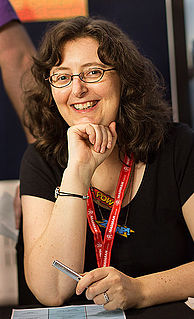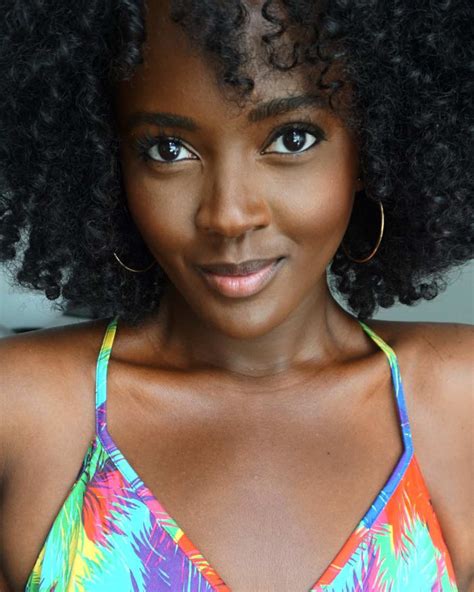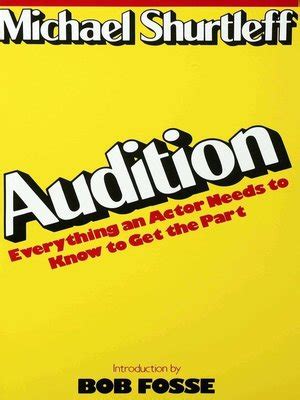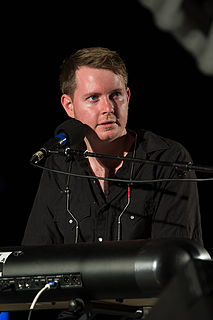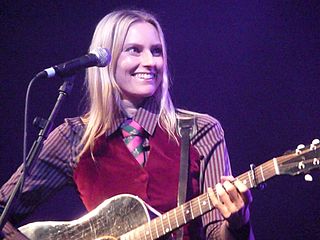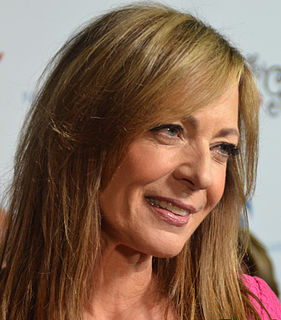A Quote by Gayle Tzemach Lemmon
If you're talking about entrepreneurs in conflict and post-conflict settings, then you must talk about women, because they are the population you have left.
Related Quotes
When you have a conflict, that means that there are truths that have to be addressed on each side of the conflict. And when you have a conflict, then it's an educational process to try to resolve the conflict. And to resolve that, you have to get people on both sides of the conflict involved so that they can dialogue.
I always talk about Meredith and Derrick from 'Grey's Anatomy,' and I loved them the most when they sort of opened and closed each episode with them in bed, happy with each other, and you didn't need to insert extra conflict into them, because there was plenty of conflict in the show. So they were this port in the storm of conflict.
I have witnessed firsthand the anguish of this humanitarian tragedy - in Palestine, Iraq, Syria, Pakistan, and other conflict and post-conflict zones. The destruction of lives and hopes, the emotional trauma, and the economic, social, and political marginalization of the displaced, the human insecurity, with real and potentially devastating consequences over generations, in ever-widening arenas of conflict. We can and must ensure the human rights of the displaced. That begins by making their voices heard.
I kind of came from the Townes Van Zandt school of throwing yourself off a cliff and then that's what you write about, and that rule number one of creative writing is you have to have conflict. But if you write about yourself mostly, then if you don't have conflict, then you create it. And the older I get, the more I realize that that's not a very smart way to do this. Not to say I'm the most self destructive person on earth, but it's easy to do.

